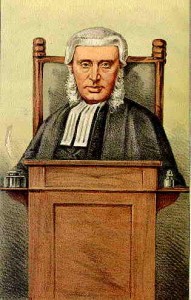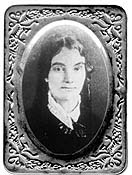Federal Judge Partially Strikes Down Wisconsin Act 10, the Anti-Collective Bargaining Bill
 The Western District of Wisconsin issued its much anticipated opinion in WEAC v. Walker yesterday on the constitutionality of Wisconsin Act 10, the public-sector anti-collective bargaining bill that was enacted into law last June after a monumental political fight. Of course, Act 10’s passage continues to have ramifications as Governor Walker was officially subjected to a recall election yesterday (after some 900,000 Wisconsites signed petitions to recall him), with an additional four Republican state senators and the lieutenant Governor also being subject to recall.
The Western District of Wisconsin issued its much anticipated opinion in WEAC v. Walker yesterday on the constitutionality of Wisconsin Act 10, the public-sector anti-collective bargaining bill that was enacted into law last June after a monumental political fight. Of course, Act 10’s passage continues to have ramifications as Governor Walker was officially subjected to a recall election yesterday (after some 900,000 Wisconsites signed petitions to recall him), with an additional four Republican state senators and the lieutenant Governor also being subject to recall.
I just read this Act 10 decision and my conclusion is: good, but not great.


